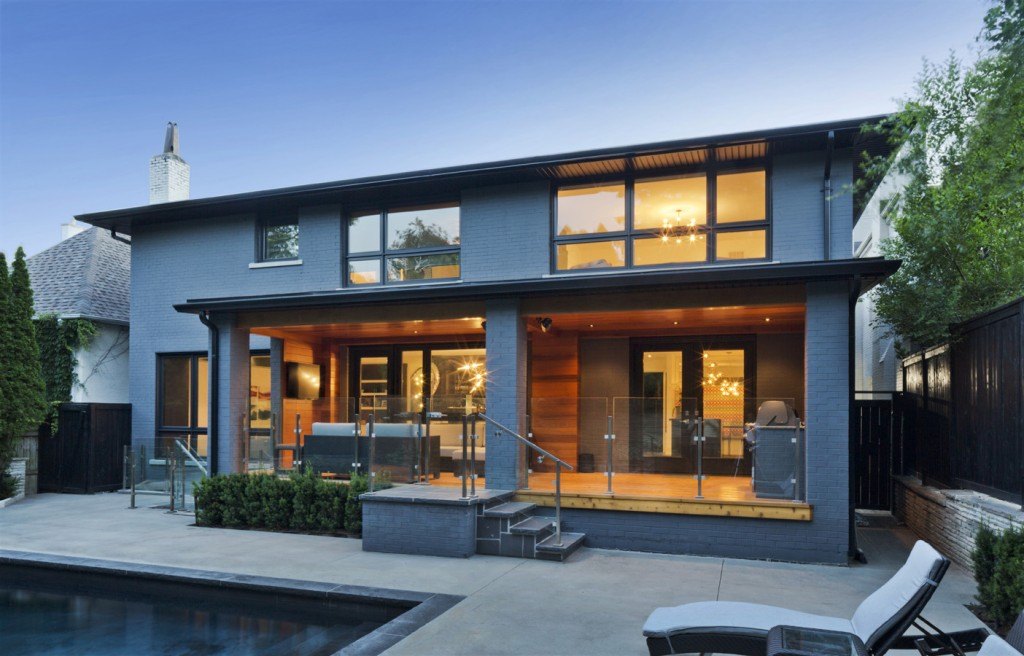
What defines modern design builds is the significant role that technology plays from concept to construction to innovative features. With increased technology though comes greater energy demands and that can add up to huge energy bills in the upkeep.
To save on energy costs and environmental impact in the long run, here are 3 sustainable technologies to consider for your energy needs:
Solar hot water tanks
The sun is the source of life for us and it has an immense amount of energy potential we’ve yet to tap into. Installing solar hot water tanks is one way to do so. Whether you use a flat-plate or an evacuated tube collector, you’re essentially taking advantage of hot sunlight on your roof to heat water for storage in your water tank at home. Some systems like evacuated tubes work efficiently even when the weather is overcast or freezing, which is great for Toronto’s climate.
Geothermal heating
Besides turning up to the sky for energy, we can also draw that from the ground. Geothermal heating is another sustainable technology like solar hot water tanks because no fuel has to be burned to create energy. Both vertical and horizontal closed-loop geothermal systems are really just transferring existing energy from outside your house to its interior or vice versa.
In the winter, geothermal heating brings natural underground heat into the house. During summers, the house is kept cool because the reverse happens where heat is taken out of the interior and into the ground. In short, it works like a giant refrigerator in both directions of heat transfer.
Green roofs
Although green roofs aren’t a technology per se, they’re an ingenious olden-day sustainable concept that’s been refurbished with modern techniques. Nowadays, durable waterproof membranes are laid down over roofs before putting in soil and vegetation. With this setup, green roofs naturally help with thermal insulation so that houses stay cool in the summer. In addition, they help decrease storm water runoff while increasing the longevity of the underlying roof structures.
Of course, all these sustainable technologies would be useless if the energy produced is not used efficiently. For that, you need smart home technology that often not only optimizes electricity use, but also saves you time by automating day-to-day tasks. With all these elements in place, your house would be the perfect platform to launch into the future.








